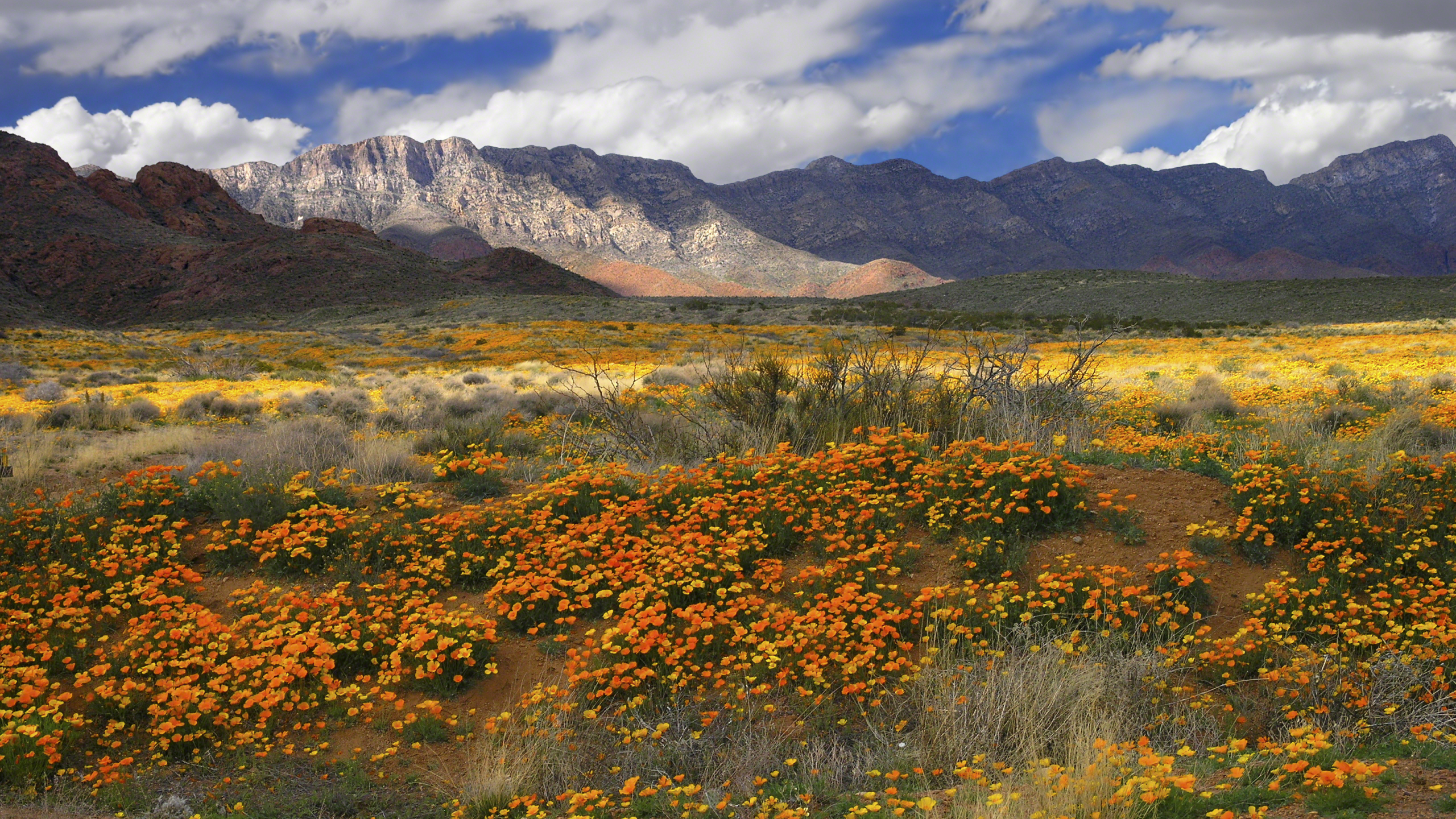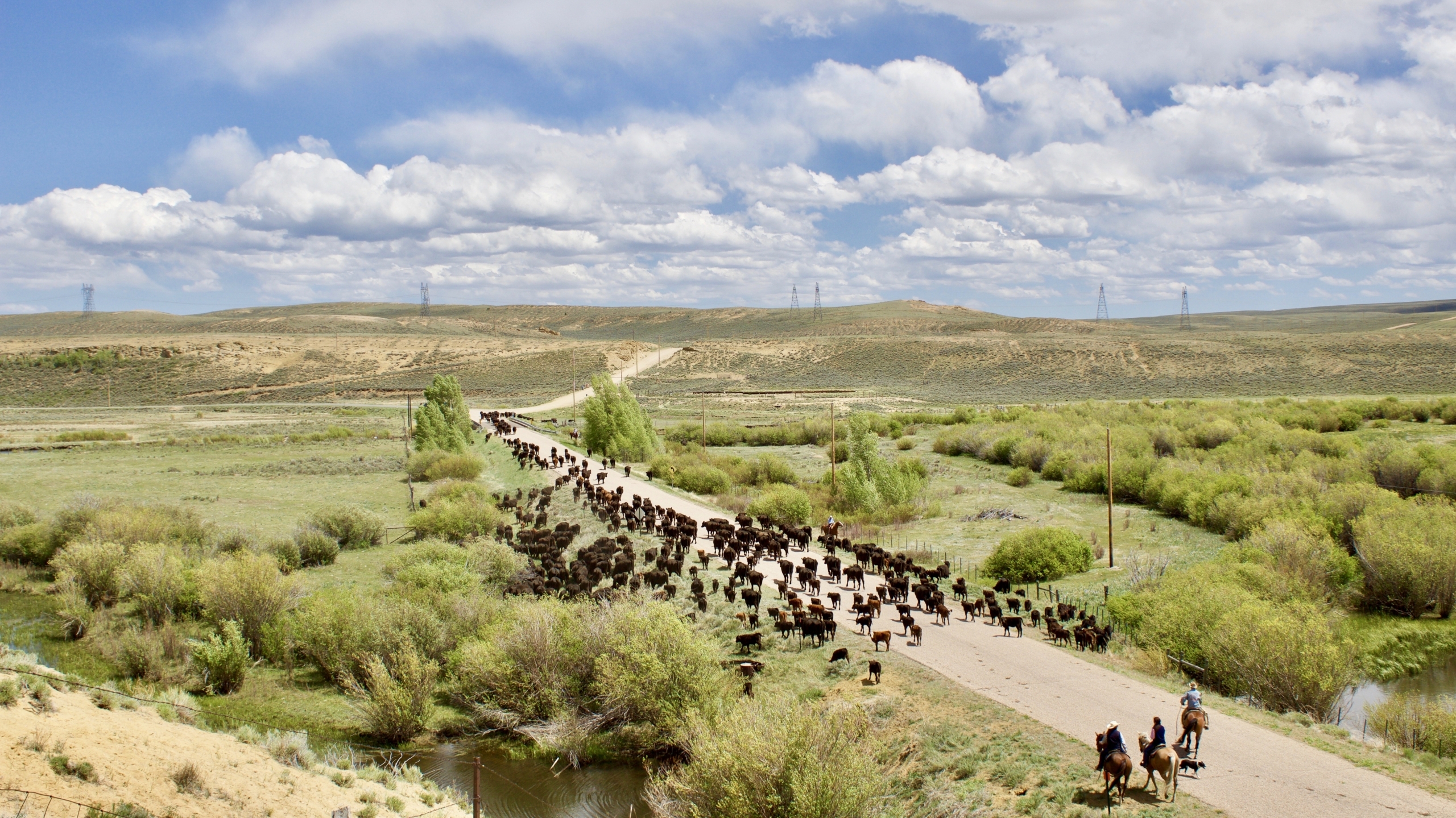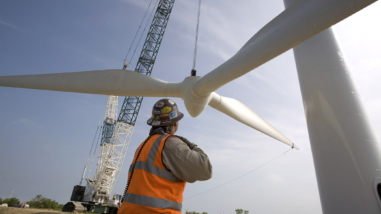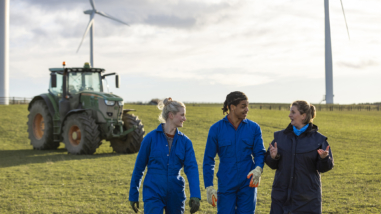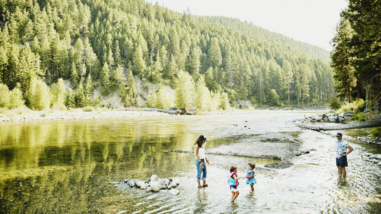In their words: How Hewlett’s partners are driving inclusive, community-led conservation
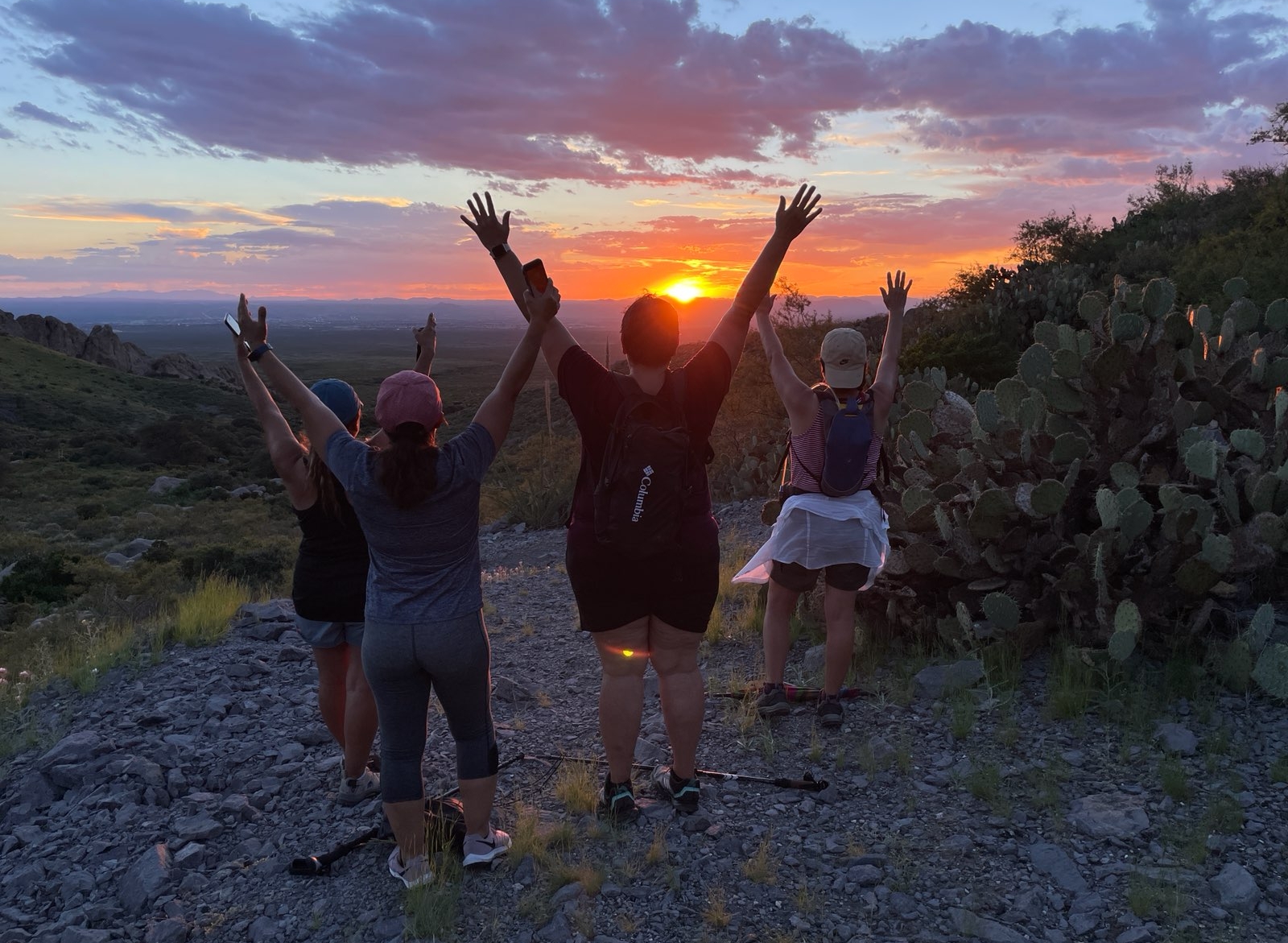
Ángel Peña: Conservation is a consequence of the cultivation of community. At Nuestra Tierra, we prioritize building authentic relationships, earning trust that can be leveraged to ask questions that demand productive discomfort.
Alannah Hurley: In my experience, I’ve seen quite a few different things happen when it comes to our people and our work to protect Bristol Bay, and working within a coalition that has reckoned with its own racism. I think the national movements that are happening have really helped a lot of people look at what they’ve done and what things could be better.
From our Indigenous experience and the coalition that we’ve worked with, helping those around us kind of decolonize their way of thinking was a big, big struggle. We’re fighting at every turn not to be tokenized and trying to be included in actual strategic discussions, as opposed to being brought in at the last minute to help carry out tactics and be tokenized … We’ve learned a lot from that and how to deal with it. I think having real, open, and honest conversations with your allies about what they’re doing … and why it needs to change [is critical]. It’s an ongoing thing for sure.
Bray Beltrán: While I work on private land protection, I am now speaking as a person of color, and my perception on what happens in conservation with respect to minoritized communities. Conservation groups can bring somebody to the table, but if we’re not willing to share the decision-making power, then what’s the point of bringing them to the table? What this usually looks like is: “Hey everybody: look. We brought these marginalized people to the table.” Great, but did you ask them anything? The answer usually is no. “But, hey, they were there, isn’t that enough?” What’s the point of that?
I think the best ways conservation organizations can be allies boil down to sharing power and privilege. [And] how we come into a community. It’s not to say: “Oh, here’s the solution.” Instead, it should be: “Hey look these are our resources — financial, knowledge, relationships, and otherwise. And here is what we are good at. Is there a way we can use those resources and our skill set to be useful to you and your community?”
Alannah: Recognize that your idea of success may not be what the people who actually live there consider success. So please check your own agenda when you’re thinking about those things because it’s really, really hard for communities that are used to breadcrumbs to not want to figure out how to try and get that funding. They’ll see if they can make what they know is actual success look like your version of success, which is exhausting.
We’re operating from a place of values that we cannot sway in these political waves in the ways that you want us to, to either silence our voice or make it a little quieter … I get super frustrated with that pressure because it has a couple assumptions. It assumes we’re not strategic; we don’t know what people want to hear; and we need to get with the program. And it also assumes that we don’t know what’s best for ourselves and we’re not politically savvy enough to know. And if only we were politically astute or savvy, we would understand that this is how we should say things and frame things. And that is so infuriating at times. My recommendation is to listen and to recognize that a lot of the times we do not know what’s best for other people; they know what is best for them.
Alannah: That’s the root of the problem, right? Seeing ourselves as something separate from nature. [Indigenous] communities are still living our traditional subsistence way of life, and when our environment — our lands and waters — are protected, our people and our cultures are protected. Our physical, cultural, and spiritual sustenance is so intertwined with the health of our environment that it’s really protecting our people at the same time. We can make sure some communities aren’t left behind [through] true tribal consultation in these processes and true partnership with tribes. It’s not just checking boxes.
Ángel: We must lead by example and acknowledge the importance of culture, community, and tradition. We must also acknowledge that initiatives like 30 by 30 don’t answer all the questions … but [help] us ask the appropriate [ones]. As I said, conservation is simply a consequence of community.
Comments from this conversation were edited for clarity and brevity.

